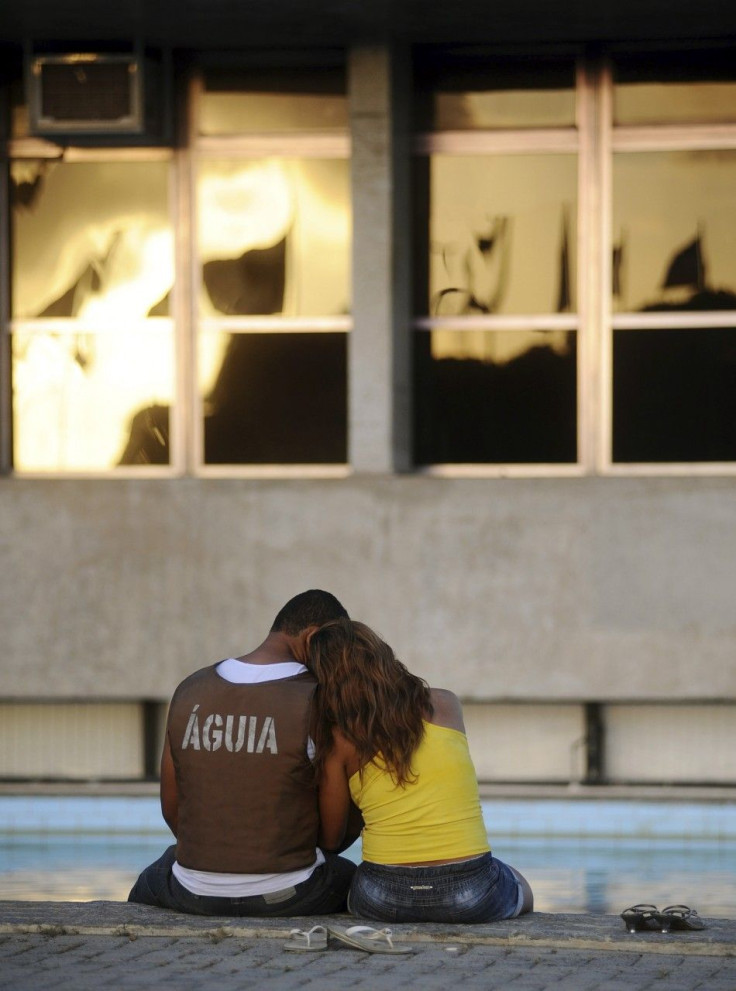Brazil Cracks Down on Police Protesting Better Pay; U.S. Embassy Warns Tourists

The Brazilian state of Bahia deployed soldiers to evict police from the state assembly who are on strike demanding better pay and conditions. Electricity supply to the state assembly was cut when the army tried to force the police officers and their families out of their homes.
Ever since the police went on strike on Jan. 31, the murder rate in the state capital Salvador has more than doubled, BBC reported.
Brazilian government said that about one third of Bahia's 30,000 state police officers are currently on strike, demanding at least 30 percent increase in wages and better working conditions.
Authorities have sent more than 3000 soldiers and federal paramilitary police to patrol the streets and for law enforcement.
The U.S. Embassy in Brazil on Monday issued alerts, warning citizens against traveling to Bahia, the Associated Press reported.
Brazilian officials have alleged that 11 police officers, who are on strike, provided support to criminal gangs to loot stores and rob police vehicles last week, in an attempt to spread panic among the population by deliberately escalating the crime rate.
There have been about 80 homicides in Salvador, home to 2.7 million people, ever since the strike began seven days back.
The state government offered a raise of 6.5 percent and no amnesty for the striking officers, which the police officers union has rejected.
© Copyright IBTimes 2024. All rights reserved.












